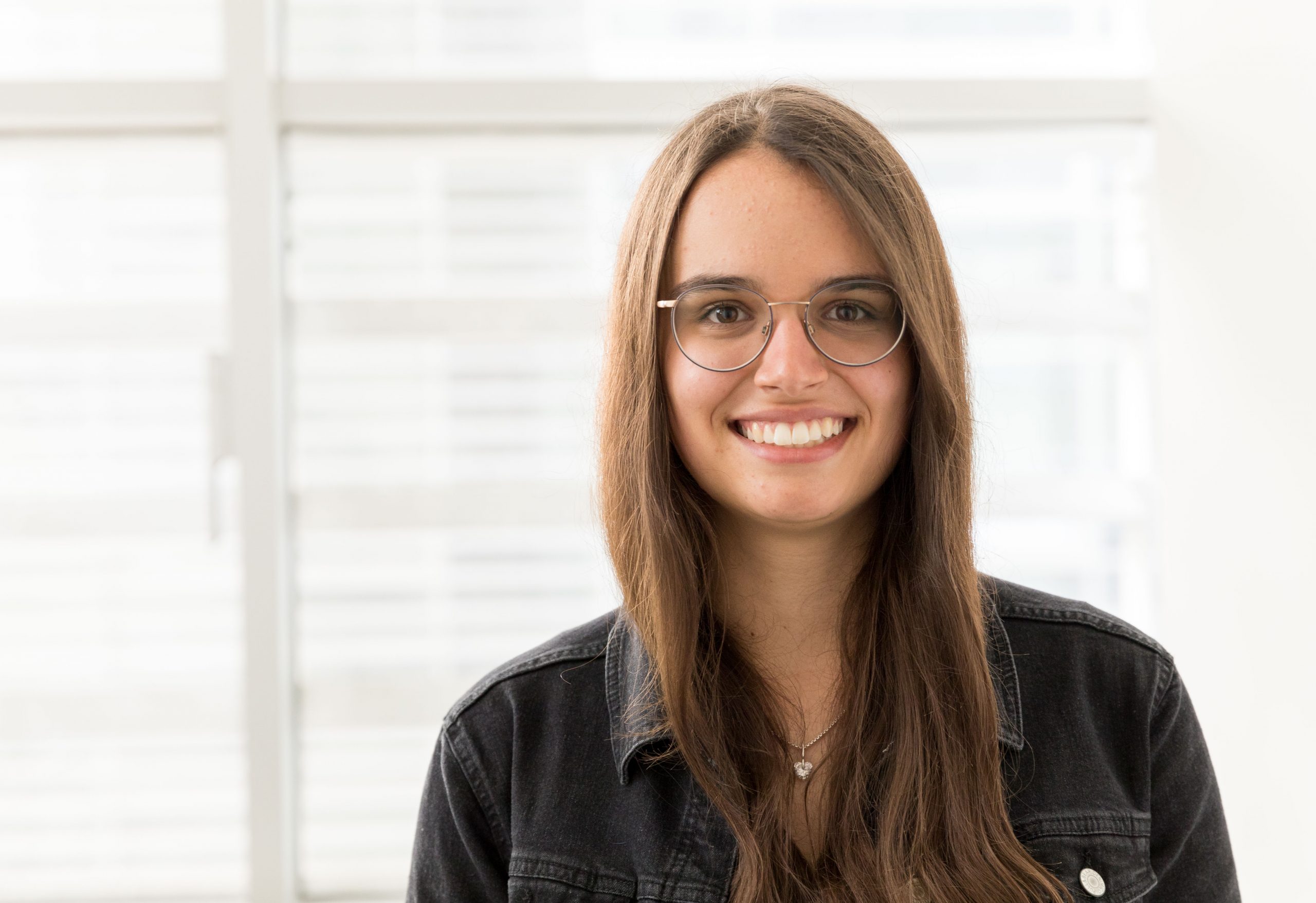Tutorial 3 – Extracellular Vesicles
Tuesday, 09.09.2025, 6:30 pm – 8:00 pm
Chair: Jochen Behrends
Abstract
Extracellular vesicles (EVs), a class of biological nanoparticles, are gaining attention in biomedical research for their roles in drug delivery, diagnostics, and regenerative medicine. EVs, naturally derived from cells, offer biocompatibility, low immunogenicity, and the ability to cross biological barriers, making them promising therapeutic candidates.
Flow cytometry is a powerful tool for EV detection and characterization, despite challenges related to their small size and heterogeneity. Advances in high-resolution flow cytometry, fluorescent labeling, and bead-based assays have improved EV analysis. This tutorial covers recent developments in nanoparticle technologies, focusing on EV detection via flow cytometry, with guidelines to address challenges and optimize methodologies.

Isabel Graf
Laboratory of Experimental Feto-Maternal Medicine, led by Prof. Petra Arck at the University Medical Centre Hamburg-Eppendorf, Germany.
Biosketch
Isabel Graf is an early-career scientist with a medical degree, specializing in reproductive immunology. She conducts her research in the Laboratory of Experimental Feto-Maternal Medicine, led by Prof. Petra Arck at the University Medical Centre Hamburg-Eppendorf, Germany.
Her work focuses on understanding how stressors during pregnancy affect offspring health, particularly through investigating the role of extracellular vesicles (EVs) in feto-maternal communication. Isabel has developed substantial expertise in EV analysis using Imaging Flow Cytometry and has recently established a method for the enrichment and separation of EV populations using Fluorescence-Activated Cell Sorting (FACS), addressing a significant knowledge gap in the field.
Isabel is an active member of both the International and German Societies for Extracellular Vesicles. She has presented her research as an invited speaker at several scientific conferences and has co-authored multiple publications.
Her research has been supported by prestigious fellowships and grants, including those from the Else Kröner-Fresenius Foundation, the German Academic Scholarship Foundation (Studienstiftung des deutschen Volkes), the Jung Foundation for Science and Research, the Ernst Beinder Research Fellowship (Ernst-Beinder Forschungsstipendium), and the Calls for Transfer Initiative. These recognitions have enabled her to advance her research in this impactful area.
